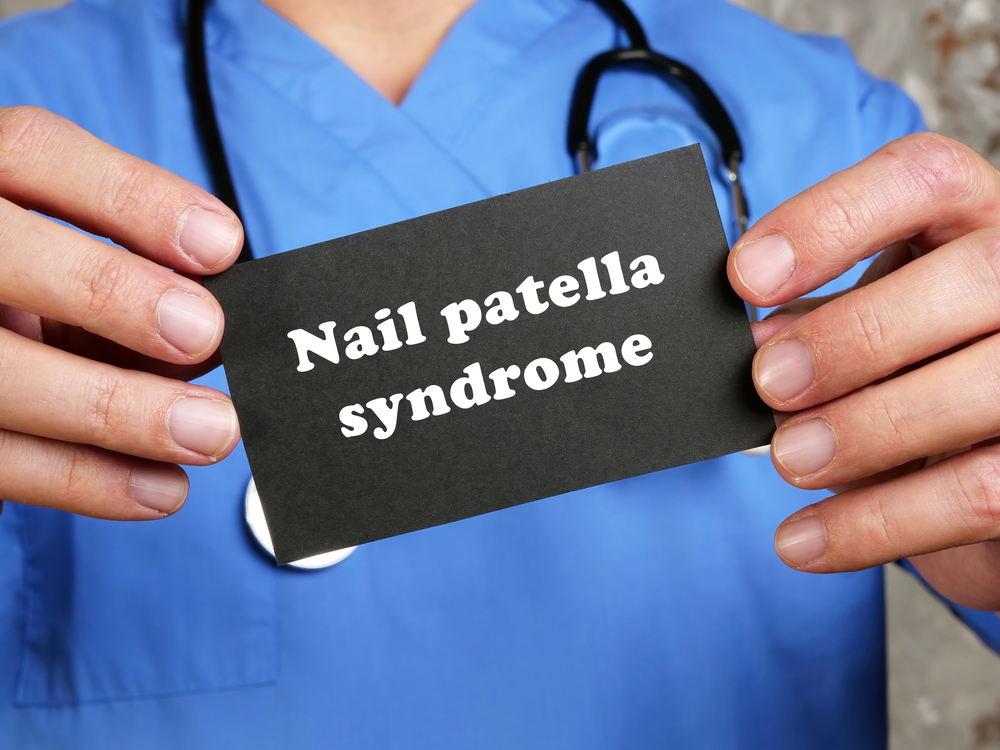Nail patella syndrome (NPS), otherwise known as Fong syndrome or Hereditary Osteo Onychodysplasia (HOOD), is a rare genetic condition, which commonly affects the fingernails. However, it may also affect the knees, kidneys, and the nervous system.

Nail patella syndrome (NPS), otherwise known as Fong syndrome or Hereditary Osteo Onychodysplasia (HOOD), is a rare genetic condition, which commonly affects the fingernails. However, it may also affect the knees, kidneys, and the nervous system.
SYMPTOMS
Sometimes symptoms of Nail patella syndrome can be detected as early as infancy. Nevertheless, symptoms can also emerge later in life.
Furthermore, NPS symptoms are frequently seen in the following areas:
It can also affect your other soft tissues, joints and bones.
Moreover, most NPS patients experience sensations affecting their fingernails, such as:
Other symptoms may also include:
DIAGNOSIS
NPS can be detected at any time throughout your life. Using ultrasound and ultrasonography, NPS can sometimes be diagnosed as early as a baby is still in the womb. Moreover, doctors may suspect the disease in neonates if they notice missing kneecaps or bilateral symmetrical iliac spurs.
The following imaging techniques may be used by doctors to identify anomalies in the joints, soft tissues, and bones affected by NPS:
TREATMENT
This disease has no treatment. However, certain procedures and medications may help alleviate the symptoms.
Sometimes, corrective surgery is needed after fractures. Also, kidney abnormalities should be monitored in people with NPS. A yearly urine test may be recommended by your doctor to assess the health of your kidneys.
In addition, blood pressure monitoring is a standard component of prenatal care, but be sure to let your doctor know if you have NPS. If you are taking any medication, please ask permission from your doctor.
Glaucoma is a potential side effect of NPS. Hence, patients with NPS are advised to undergo regular eye examinations. Medicated eye drops are sometimes prescribed, but in some cases, surgery may be required.
Overall, for the treatment of NPS-related symptoms and difficulties, a multidisciplinary approach is critical.
Overview and FactsTypes and SymptomsDiagnosis & MedicationsOverview and Facts Tetralogy of Fallot is a congenital heart defect that affects the [...]
Overview and FactsTypes and SymptomsDiagnosis & MedicationsOverview and Facts Trichinosis, also known as trichinellosis, is a parasitic infection caused by [...]
Overview and FactsTypes and SymptomsDiagnosis & MedicationsOverview and Facts Trigeminal neuralgia is a neurological condition characterized by severe facial pain. [...]